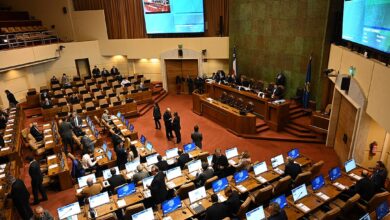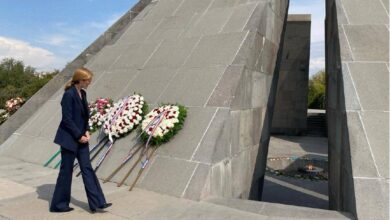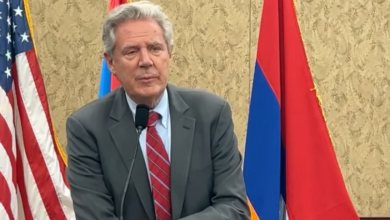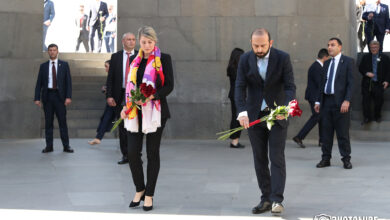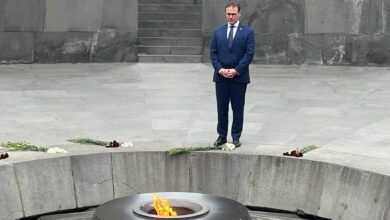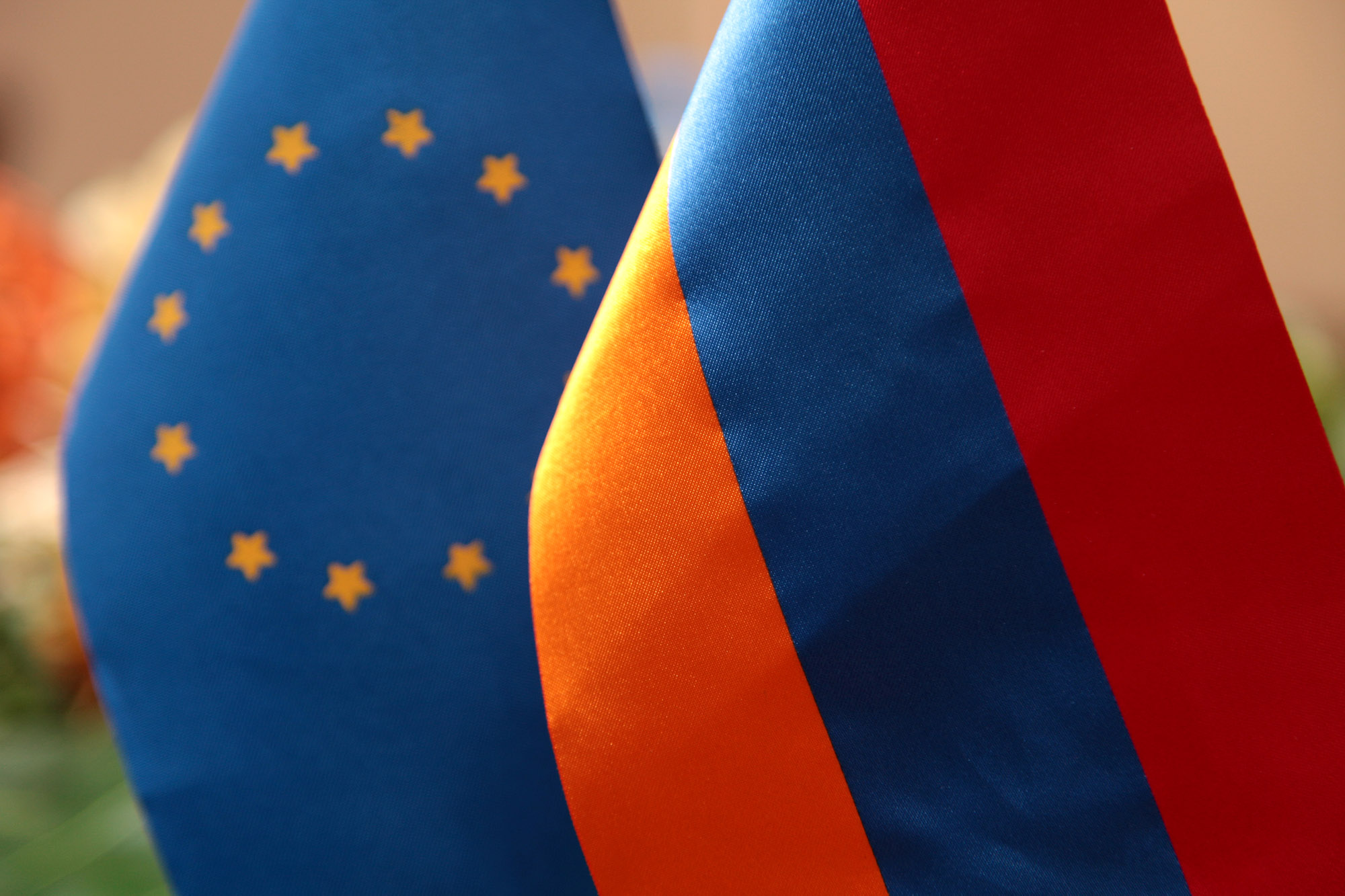
“Political dialogue with the Armenian Government was intensive in 2013. The EU and Armenia completed negotiations on an Association Agreement (AA), including a Deep and Comprehensive Free Trade Area (DCFTA), in July 2013, but could not proceed with its initialing, following Armenia’s decision to apply to join the Customs Union with Russia, Belarus and Kazakhstan. Armenia and the EU remained nevertheless committed to further cooperation as they jointly stated in the margins of the Vilnius Summit,” the EU said in the ENP Progress Report on Armenia.
Visa Facilitation and Readmission Agreements were both ratified in 2013 and entered into force on 1 January 2014. While Armenia continued to address issues related to human rights and fundamental freedoms, further work remains necessary, especially as regards the implementation and enforcement of legislation. The February 2013 presidential elections were generally well-administrated notwithstanding concerns about the integrity of the electoral process. Despite ongoing reforms, public mistrust of the judicial system remained high and there was a lack of convincing results in the fight against corruption, including in police and judiciary. Allegations of use of torture and ill-treatment in police custody were reported.
Armenia addressed some of the key recommendations contained in last year’s ENP progress report. It notably adopted a law on equal rights and opportunities for men and women which, however, lacks a mechanism for complaints. There were limited developments regarding reforms in the public administration and in the judiciary. Nevertheless, preparatory works were undertaken to proceed with reforms about the electoral legislation, the fight against corruption and the Human Rights protection.
On the basis of this year’s report and with a view to sustained implementation of the ENP Action Plan in 2014, Armenia is invited to:
- cooperate with and protect civil society; investigate the cases of attacks and intimidation of human rights defenders and ensure that the perpetrators are brought to justice;
- implement the OSCE/ODIHR recommendations concerning elections, in particular ensure a level playing field for all candidates and avoid the use of administrative resources for electoral purposes. Moreover, ensure pluralism in the broadcasting media;
- fully investigate the deaths that occurred during clashes following the March 2008 presidential elections and the allegations of ill-treatment in police custody;
- finalise the draft Law on Freedom of Conscience and Religion;
- ensure respect for the principle of non-discrimination and adopt comprehensive anti-discrimination legislation;
- continue the reform of public administration; especially intensify the prevention of and the fight against corruption;
- intensify the reform of the judiciary and the law enforcement;
- strengthen the implementation of governance reforms;
- work towards the earliest possible closure of the Medzamor nuclear power plant as well as speed up the implementation of the roadmap on energy efficiency and the target of 30 % of generated energy from renewable sources;
- step up efforts towards agreement on the Madrid Principles, as a basis for peace, in accordance with the commitments undertaken by the Presidents of Armenia and Azerbaijan within the Minsk Group; refrain from actions and statements that could heighten tension and undermine the peace process;
- promote an environment conducive to progress in the conflict settlement, encourage and support related peace-building activities;
- ensure unimpeded access for representatives of the EU to Nagorno-Karabakh and surrounding regions in support of conflict transformation activities in full complementarity with the efforts of the Minsk Group.
Reforms initiated, carried out or delayed during 2013 in the different areas of cooperation between the EU and Armenia are described in the annual country report. Some of the issues reported deserve special attention.
Despite ongoing progress in the justice sector, delivered with support from the EU, the influence of the executive over judicial nominations remains a concern. More reforms are necessary in terms of access to justice
Freedoms of association and assembly were generally respected. However, in 2013 there was an increase in reports of violence against civil activists and human rights defenders, as well as of undue pressure on peaceful demonstrators. Media independence remained insufficient and there were no developments regarding pluralism in the broadcasting media. Armenia has not developed an anti-corruption strategy, and although the government has mentioned plans for sectorial measures, there were no concrete developments.
The concluding round of negotiations on a DCFTA took place in July. However, in September the President of Armenia officially announced that Armenia would join the Russian-led Customs Union which is incompatible with the provisions of the DCFTA. Implementation of the EU-Armenia Mobility Partnership continued. The EU-Armenia Readmission Agreement was signed in April and was ratified by the Armenian National Assembly in November, together with the already signed Visa Facilitation Agreement. Both agreements entered into force on 1 January 2014.
The stalemate in the Minsk Process aiming at settling the Nagorno-Karabakh conflict continued for most of 2013. However, the Presidents of the two countries reconvened in November 2013 for the first time since January 2012 in a summit in Vienna, mediated by the OSCE Minsk Group Co-Chairs, at which they agreed to advance negotiations towards a peaceful settlement and to meet again in the months ahead. An upsurge of violence along the line of contact was nevertheless witnessed early 2014. The EU continued to give its full support to the OSCE Minsk Group Co-Chairs in their work to facilitate a lasting settlement.



